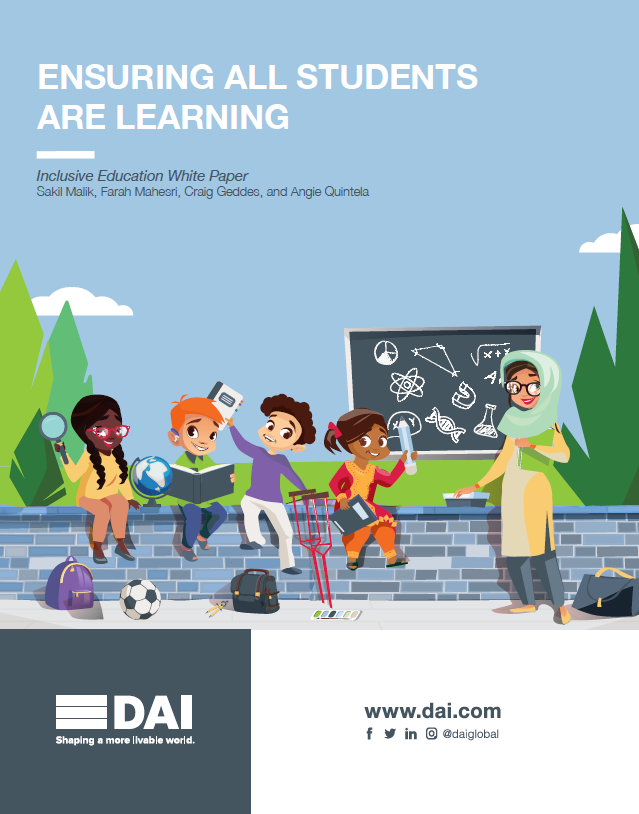Thank you for your interest in the BEC-GRN event: Learning and Adapting on Reading Programs during COVID-19!
The Basic Education Coalition and Global Reading Network were pleased to welcome 200 members of our global development community (from Honduras to Chad to Indonesia) to discuss ways to learn and adapt on reading programs during this pandemic.
Please find the reference information below:
Webinar Recording: Learning and Adapting on Reading Programs during COVID-19
Presentations (FHI 360, Juarez & Associates, RTI International, STS International)
Intervention details (FHI 360, Juarez & Associates, RTI International, STS International)
Finally, if you are not yet on the GRN email list, you can sign up here. Please also feel free to reach out to the Global Reading Network at GRN@usaid.gov. To join the BEC newsletter listserv, click here.











